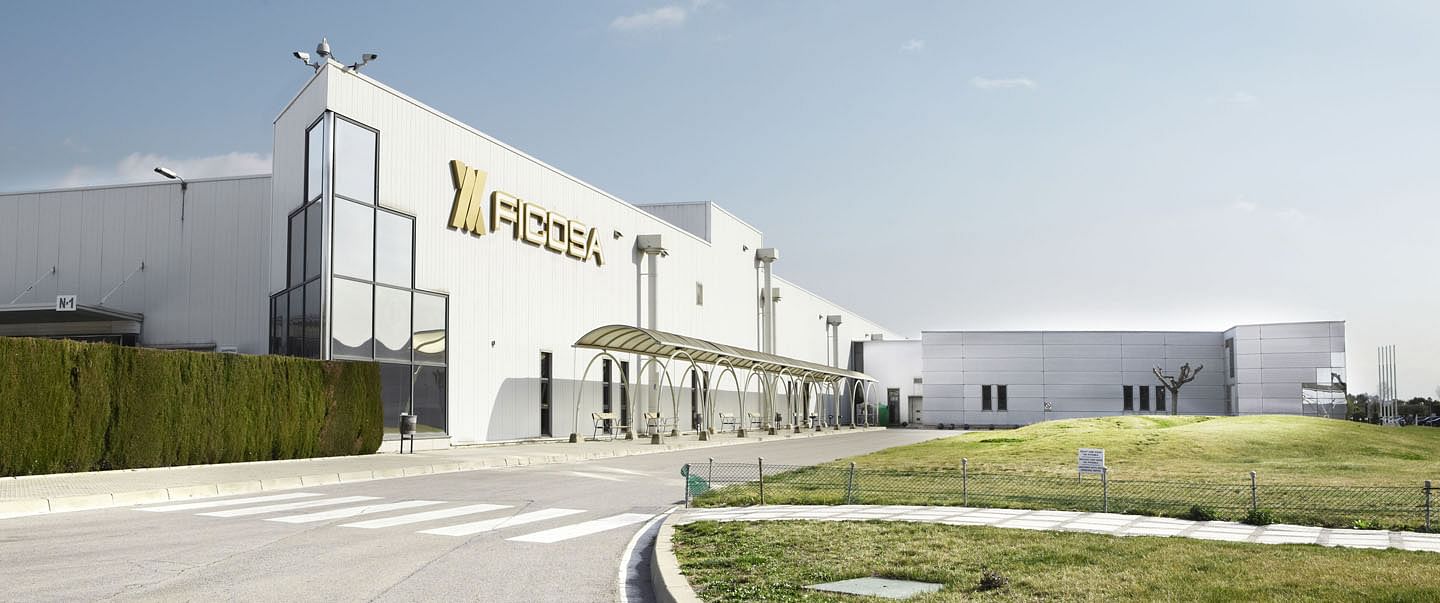Ficosa bags five contracts for battery management systems for Chinese market
These orders, from two Tier-1 automobile manufacturers, are valued at over 200 million euros (Rs 1,530 crore) and will be used for electric and plug-in hybrid vehicles.
Ficosa, the Tier 1 global supplier devoted to the research, development, manufacturing and marketing of high-technology vision, safety, connectivity and efficiency systems for the automotive sector, has closed five important contracts for battery management systems (BMS) for the Chinese market. These orders, placed by two Tier 1 automobile manufacturers, are valued at over 200 million euros (Rs 1,530 crore) and will be used for electric and plug-in hybrid vehicles.

According to Jaume Prat, Ficosa’s Electromobility Systems Business Unit director, “These contracts are an important milestone for Ficosa, expanding our portfolio of products in China and consolidating the company’s technological expansion in the field of electromobility. In addition to reaffirming our leadership in battery management systems, these orders reinforce our expertise as systems integrators, as we will deliver the whole system, including the electronic control unit (ECU) and the high-voltage protection devices (HVPD).”
Ficosa’s battery management systems give users the required safety and allow them to monitor the battery charge level at all times, as well as its health. The software, hardware and mechanics for these orders are being developed at the Viladecavalls Technology Centre (Barcelona, Spain), while production, which will begin in 2019, will take place at the Taicang Technical Centre (China).

Ficosa is developing the software, hardware and mechanics at the Viladecavalls Technology Centre in Barcelona, Spain.
Prat added, “The Viladecavalls Technology Centre has consolidated its place as the company’s global hub for electromobility systems, connectivity systems and ADAS (Advanced Driver Assistance Systems). Likewise, with these projects we are further strengthening the company’s solid position in China, a key market for Ficosa, where, in addition to Taicang, we are present in Chonging and Shenyang with the main aim of being close to clients and giving them the best possible service.”
With these orders, Ficosa says it is reaffirming its leadership in electromobility, a sector in which it develops software and hardware solutions for hybrid, electric and hydrogen vehicles. These products stand out for their quality, reliability, innovative technology and compliance with the strictest standards. Specifically, the company produces battery management systems (BMS), electrical boxes to protect and distribute power from the battery (BDU / eBOX) and battery charging devices (OBC) in the field of electromobility.
Founded in 1949 and based in Barcelona, Ficosa currently has more than 10,280 employees in 17 countries worldwide in Europe, North and South America and Asia, with consolidated sales of 1.169 billion euros in 2016. The rearview system (interior/side mirror) is Ficosa’s main business, known worldwide and recognised by top global OEMs.
RELATED ARTICLES
Autoliv Plans JV for Advanced Safety Electronics With China’s HSAE
The new joint venture, which is to be located strategically near Shanghai and close to several existing Autoliv sites in...
JLR to Restart Production Over a Month After September Hacking
Manufacturing operations at the Tata Group-owned British luxury car and SUV manufacturer were shut down following a cybe...
BYD UK Sales Jump 880% in September to 11,271 units
Sales record sets the UK apart as the largest international market for BYD outside of China for the first time. The Seal...






 By Autocar Professional Bureau
By Autocar Professional Bureau
 24 Feb 2018
24 Feb 2018
 7620 Views
7620 Views





 Ajit Dalvi
Ajit Dalvi




